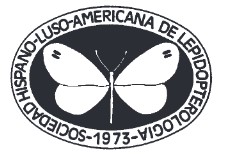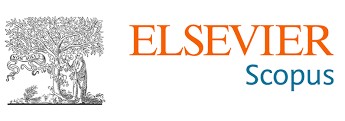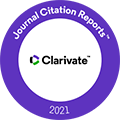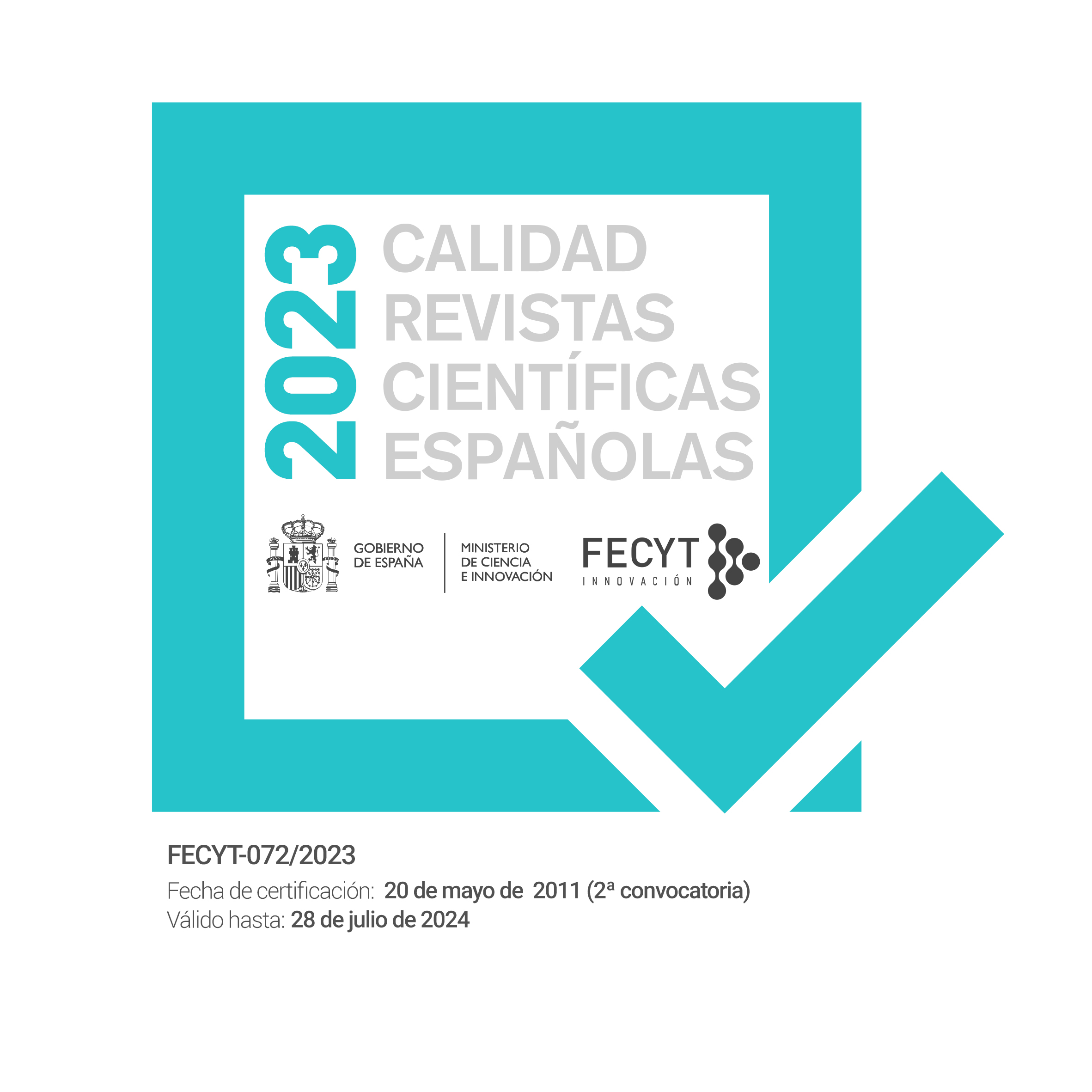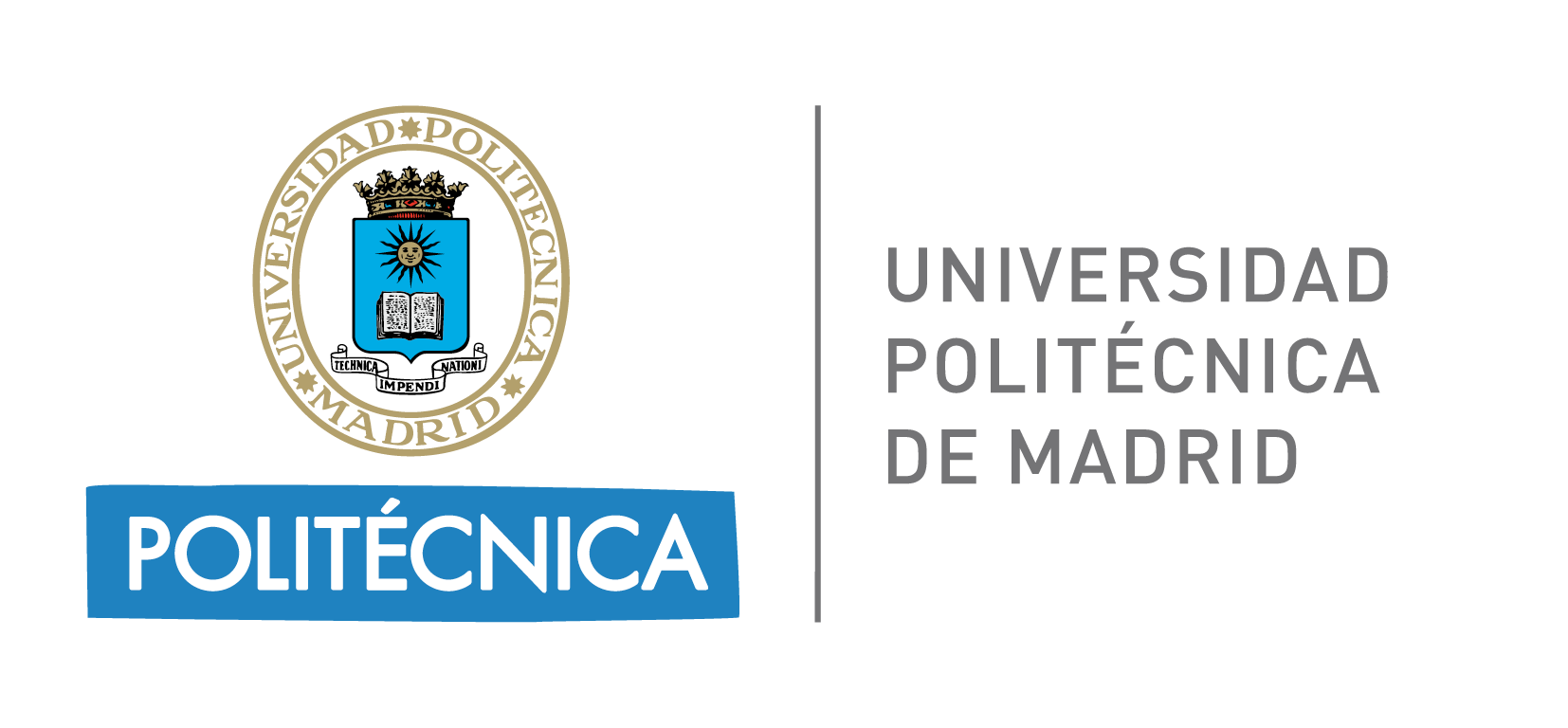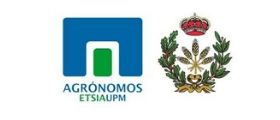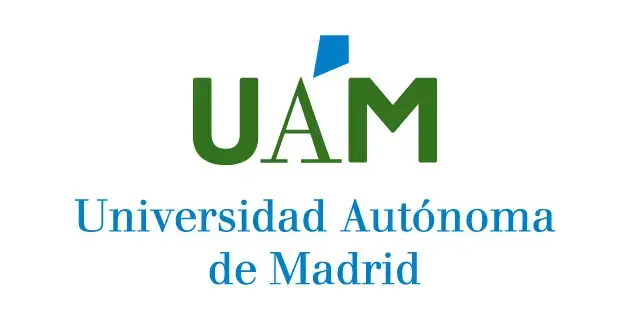Diversity of butterflies present in the Police School Rafael Reyes of Santa Rosa of Viterbo, Boyacá, Colombia (Lepidoptera: Papilionoidea)
DOI:
https://doi.org/10.57065/shilap.1007Keywords:
Lepidoptera, Papilionoidea, wealth, conservation, diversity, fauna, ColumbiaAbstract
Between February and July 2013, butterflies were collected at the Escuela de Policía Rafael Reyes of the municipality of Santa Rosa de Viterbo, Boyacá, Colombia. The study area was divided into three sampling sites according to their characteristics of the landscape: Human Settlement (HS), Timber Forest (TF) and Native Bush (NB). The object of this work was to study the butterfly fauna and learn about their diversity in a high Andean ecosystem. 1.049 individuals distributed in 37 species, 31 genera, 11 subfamilies and 4 families, were observed, using an entomological net in 216 hours/person sampling. The sites HS, TF and NB registered 27 species with 545 individuals, 20 species in 356 individuals and 11 species with 148 individuals, respectively. The most abundant family in the study area was Nymphalidae (62.5%), followed by Pieridae (25.2%), Hesperiidae (9.43%) and finally Lycaenidae (2.76%). In general, Pedaliodes phaea (Hewitson, 1862) and Colias dimera Doubleday, 1847 were the two most abundant species. Of the recorded species, four are considered as new records, two in theNymphalidae family, one in Pieridae and one in Hesperiidae. This work contributed to a new list of species of butterflies for the department and may be used, in future research works on biodiversity in Andean areas to establish and implement conservation strategies in these zones.
Downloads
Global Statistics ℹ️
|
200
Views
|
145
Downloads
|
|
345
Total
|
|
References
ADAMS, M., 1985.– Speciation in the Pronophiline Butterflies (Satyridae) of the Northern Andes.– Journal of Research on the Lepidoptera. Supplement, 1: 33-49.
AMAT, G., FERNÁNDEZ, F. & ANDRADE-C., M., 1999.– Un vistazo actual a la taxonomía de insectos en Colombia (Coleoptera, Himenoptera y Lepidoptera).– Revista Insectos de Colombia, 2: 14-33.
ANDRADE-C., M., 1990.– Clave para las familias y subfamilias de Lepidoptera: Rhopalocera de Colombia.– Caldasia, 16(77): 1997-2000.
ANDRADE-C., M. & AMAT, G., 1996.– Estudio regional de las mariposas altoandinas en la cordillera Oriental de Colombia.– Revista Insectos de Colombia, 1: 149-180.
ANDRADE-C., M., 2001.– Las mariposas de las áreas de páramo en Colombia: 645-652.– In O. J. RANGEL-CH. Colombia Diversidad Biótica III. La región de vida paramuna: 902 pp. Editorial UniBiblos, Bogotá D. C.
ANDRADE-C., M., CAMPOS, L., GONZÁLEZ, L. & PULIDO-B., H., 2007.– Santa María mariposas alas y color.– Serie de Guías de Campo del Instituto de Ciencias Naturales, 2: 248 pp Instituto de Ciencias Naturales, Universidad Nacional de Colombia, Bogotá D.C.
BROWN, Jr., K. S. & FREITAS, A., 1999.– Lepidoptera.– In R. F. BRANDÃO & E. M. CANCELLO, eds. Biodiversidade do Estado de São Paulo, Brasil. Invertebrados terrestres (C): 227-243. FAPESP, São Paulo.
BROWN, Jr., K. S. & FREITAS, A., 2000.– Atlantic Forest butterflies: indicators for landscape conservation.– Biotropica, 32(4b): 934-956. DOI: https://doi.org/10.1111/j.1744-7429.2000.tb00631.x
COLWELL, R. K., 2013.– EstimateS: Statistical estimation of species richness and shared species from samples. Disponible en http://viceroy.eeb.uconn.edu/estimates (accedido el 12 diciembre 2013).
DENNIS, R., SHREEVE, T. & VAN DYCK, H., 2003.– Toward a functional resource-based concept for a habitat: a butterfly biology viewpoint.– Oikos, 102(2): 417-426. DOI: https://doi.org/10.1034/j.1600-0579.2003.12492.x
DESSUY, M. & MORAIS, A., 2007.– Diversidade de borboletas (Lepidoptera: Papilionoidea e Hesperioidea) em fragmentos de Floresta Estacional Decidual em Santa Maria, Rio Grande do Sul, Brasil.– Revista Brasera de Zoología, 24(1): 108-120. DOI: https://doi.org/10.1590/S0101-81752007000100014
FAGUA, G., 1999.– Variación de las mariposas y hormigas de un gradiente altitudinal de la cordillera Oriental (Colombia).– Revista Insectos de Colombia, 2: 318-363.
FIEDLER, K., 1991.– Systematic, evolutionary and ecological implications of myrmecophily within the Lycaenidae (Insecta: Lepidoptera: Papilionoidea).– Bonner Zoolgische Monographien, 31: 1-210.
FRAIJA, N. & FAJARDO, E., 2005.– Caracterización de la fauna del Orden Lepidoptera (Rhopalocera) en cinco diferentes localidades de los llanos orientales colombianos.– Acta Biológica Colombiana, 11(1): 55-68.
FREITAS, A., LEAL, I., PRADO, M. & IANNUZZI, L., 2006.– Insetos como indicadores de conservação de paisagem.– In C. F. D. ROCHA, H. G. BERGALLO, M. VAN SLUYS & M. A. S. ALVES eds. Biologia da conservação: essências: 357-384. Rima, São Carlos.
GARCÍA-ROBLEDO, C. A., CONSTANTINO, L. M., HEREDIA, M. D. & KATTAN, G., 2002.– Mariposas Comunes de la Cordillera Central de Colombia: 105 pp. EcoAndina - Wildlife Conservation Society, Cali.
GONZÁLEZ, L., 2010.– Las mariposas Satyrinae (Lepidoptera: Papilionoidea: Nymphalidae) en dos sectores de la Cordillera Oriental de Colombia con anotaciones ecológicas.– Revista Nicaragüense de Entomología, 70: 7-8.
LAMAS, G., 2004.– Cheklist: Part 4A. Hesperioidea - Papilionoidea.– In J. B. HEPPNER, editor. Atlas of Neotropical Lepidoptera. Volume 5A. Gainesville, Florida: Association for Tropical Lepidoptera / Scientific Publishers.
LAMAS, G., 2008.– La sistemática sobre mariposas (Lepidoptera: Hesperioidea y Papilionoidea) en el mundo: estado actual y perspectivas futuras.– In J. L. BOUSQUETS & A. LANTERI, eds. Contribuciones taxonómicas en órdenes de insectos hiperdiversos: 57-70. Las Prensas de Ciencias, UNAM, México D.E.
LECROM, J. F., CONSTANTINO, L. M. & SALAZAR, J. A., 2002.– Mariposas de Colombia. Familia Papilionidae, 1: 120 pp. Carlec Ltda, Bogotá.
PULIDO-B., H. & PARRALES, D., 2011.– Listado de especies de las mariposas diurnas (Hesperioidea y Papilionoidea) de Arcabuco (Boyacá, Colombia).– Boletín Científico Centro de Museos Museo de Historia, 15(2): 191-200.
RAMÍREZ, L., CHACÓN, P. & CONSTANTINO, L. M., 2007.– Diversidad de mariposas diurnas (Lepidoptera: Papilionoidea y Hesperioidea) en Santiago de Cali, Valle del Cauca, Colombia.– Revista Colombiana de Entomología, 33(1): 54-63. DOI: https://doi.org/10.25100/socolen.v33i1.9316
SANTOS, E., MIELKE, O. & CASAGRANDE, M., 2008.– Inventários de borboletas no Brasil: estado da arte e modelo de áreas prioritárias para pesquisa com vistas à conservação.– Natureza & Conservação, 6(2):68-90.
SLANSKY, F., 1973.– Latitudinal gradients in species diversity of the new world swallowtail butterflies.– Journal of Research on the Lepidoptera, 11(4): 201-217. DOI: https://doi.org/10.5962/p.333624
TUMUHIMBISE, G., OKWAKOL, M. & KANGWAGYE, T., 2001.– Species diversity of swallowtail butterflies (Papilionidae: Lepidoptera) in North Maramagambo Forest.– African Journal of Ecology, 39(1): 113-115. DOI: https://doi.org/10.1046/j.1365-2028.2001.00228.x
TYLER, H. A., BROWN, Jr., K. S. & WILSON, K. H., 1994.– Swallowtail butterflies of the Americas: a study in biological dynamics, ecological diversity, biosystematics, and conservation: 376 pp. Scientific Publishers, Gainesville.
VALENCIA, C., GIL, Z. & CONSTANTINO, L. M., 2005.– Mariposas diurnas de la zona central cafetera de Colombia: 244 pp. Cenicafé, Chinchiná.
Downloads
Published
How to Cite
Issue
Section
License

This work is licensed under a Creative Commons Attribution 4.0 International License.
The author SS retains his trademark and patent rights to any process or procedure within the article.
The author retains the right to share, distribute, perform and publicly communicate the article published in SHILAP Revista de lepidopterología, with initial acknowledgement of its publication in SHILAP Revista de lepidopterología.
The author retains the right to make a subsequent publication of his work, from using the article to publishing it in a book, provided that he indicates its initial publication in SHILAP Revista de lepidopterología.
Each submission to SHILAP Revista de lepidopterología must be accompanied by an acceptance of copyright and acknowledgement of authorship. By accepting them, authors retain copyright of their work and agree that the article, if accepted for publication by SHILAP Revista de lepidopterología, will be licensed for use and distribution under a "Creative Commons Attribution 4.0 International" (CC BY 4.0) licence that allows third parties to share and adapt the content for any purpose giving appropriate credit to the original work.
You may read here the basic information and the legal text of the license. The indication of the CC BY 4.0 License must be expressly stated in this way when necessary.
As of 2022, the content of the print and digital version is licensed under a "Creative Commons Attribution 4.0 International License" (CC BY 4.0), licence that allows third parties to share and adapt the content for any purpose giving appropriate credit to the original work.
Previous content in the journal was published under a traditional copyright licence; however, the archive is available for free access.
When using the contents of SHILAP Revista de lepidopterología published before 2022, including figures, tables or any other material in printed or electronic format belong to the authors of the articles, the authors must obtain the permission of the copyright holder. Legal, financial and criminal liabilities in this respect belong to the author(s).
In application of the Principle of Priority of the International Code of Zoological Nomenclature, no other version than the one published by the publisher may be deposited in repositories, personal websites or similar.





